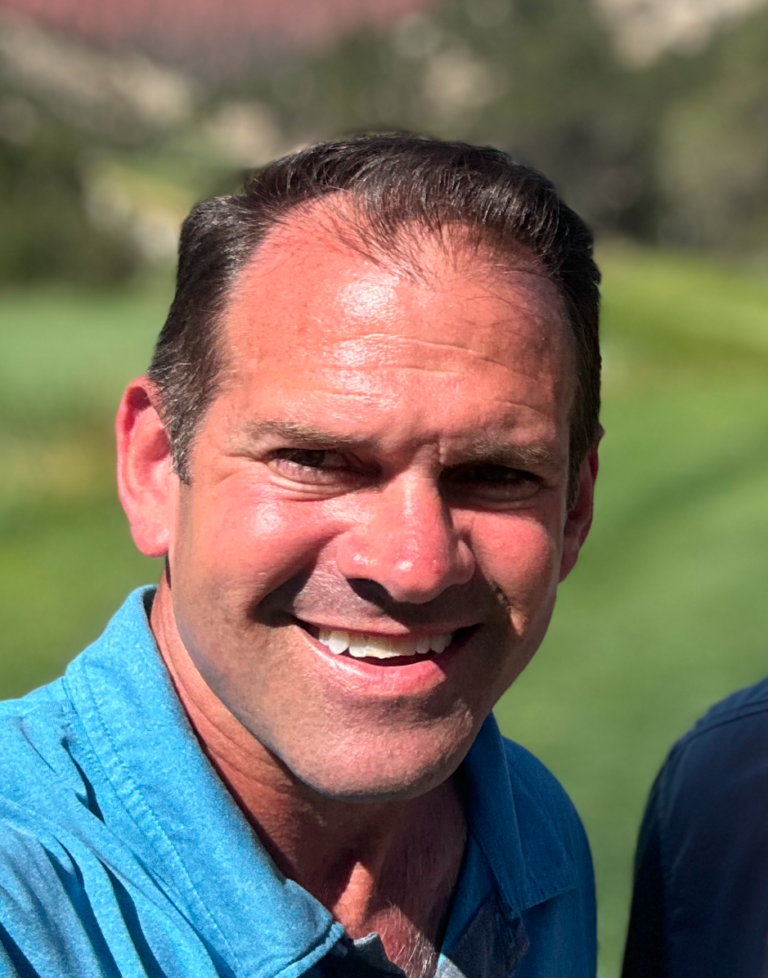Innovations in Heart Disease Prevention: Dr. Ian Weisberg’s Take on What’s Next in Cardiology
Innovations in Heart Disease Prevention: Dr. Ian Weisberg’s Take on What’s Next in Cardiology
Blog Article
Cardiology is on the edge of a technological and medical innovation, with breakthroughs set to convert cardiovascular disease reduction, diagnosis, and treatment. Dr Ian Weisberg, a number one specialist in cardiac electrophysiology, anticipates a few innovative innovations that'll redefine how exactly we approach center health.

1. AI-Powered Diagnostics and Predictive Medicine
Synthetic Intelligence (AI) is making dunes in cardiology, but Dr. Weisberg believes their position may expand significantly. AI-driven ECG evaluation, device understanding algorithms, and predictive models allows medical practioners to recognize heart disease risks before indicators appear. This shift toward preventive cardiology wil dramatically reduce disaster interventions and improve patient outcomes.
Furthermore, AI-assisted imaging will increase early detection of coronary artery condition, ensuring that people receive therapy before a heart attack occurs.
2. Individualized Medication for Heart Individuals
Every heart is unique, and Dr. Weisberg envisions a future where cardiology remedies are personalized to each patient's genetic profile. With advances in genomics and biomarker evaluation, medical practioners will have a way to prescribe very personalized drugs, diets, and therapy ideas that perform best for an individual's aerobic health.
For example, gene treatment is showing offer in managing learned heart problems, potentially avoiding genetic defects that trigger center disease.
3. Minimally Invasive Procedures Can End up being the Convention
Traditional open-heart operations are slowly being replaced by minimally invasive techniques. Dr. Weisberg foresees catheter-based techniques, robotic-assisted operations, and next-generation stents becoming safer, quicker, and more precise.
One important improvement is bioresorbable stents, which dissolve obviously following healing the artery, removing long-term dangers associated with steel implants.
4. Distant Tracking and Wise Wearables
Smartwatches and AI-powered wellness trackers are getting essential instruments for monitoring heart health in real time. Dr. Weisberg shows the rising use of implantable units that can continuously monitor arrhythmias, blood force, and air levels, sending signals straight to health practitioners when irregularities occur.
That engineering allows people to receive care without regular hospital visits, creating cardiology more available and efficient.
5. Regenerative Medicine and Stem Mobile Treatment

Dr. Weisberg predicts that stem mobile therapy and tissue design may perform a crucial position in heart disease recovery. Researchers are exploring approaches to recover damaged heart muscle, potentially treating the effects of heart disappointment and myocardial infarctions (heart attacks).
With constant research, people may shortly take advantage of cell-based treatments that restore center purpose rather than simply controlling symptoms.
Conclusion: A New Period for Cardiac Attention
Dr Ian Weisberg Niceville Florida's predictions paint another where heart disease is discovered earlier in the day, handled more efficiently, and actually reversed applying advanced medical technologies. With innovations in AI, individualized medicine, minimally unpleasant practices, rural tracking, and regenerative remedies, the future of cardiology is better than ever.
Report this page